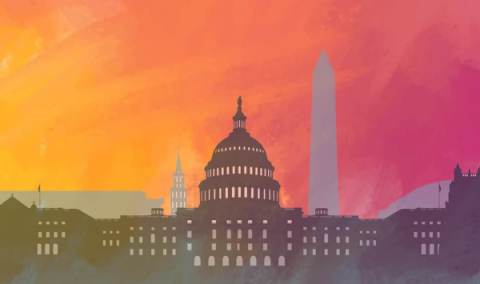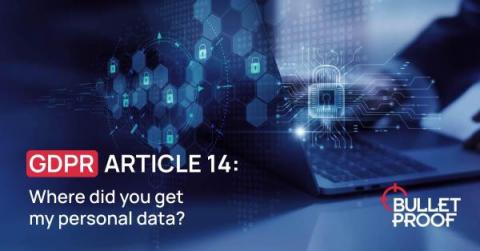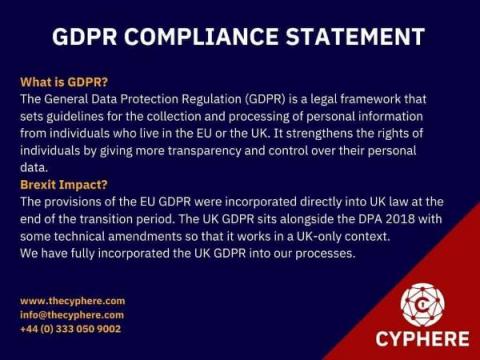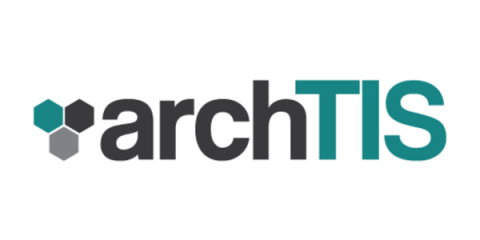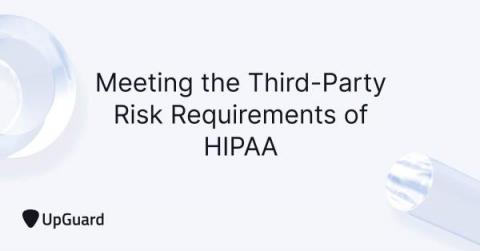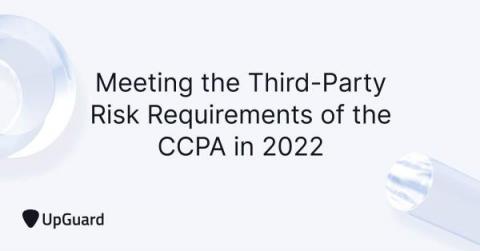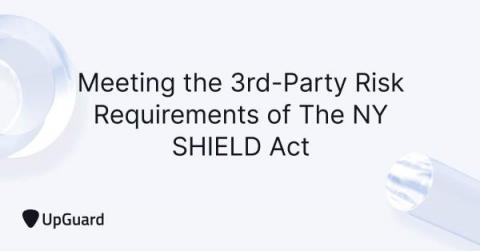Harmonizing the Federal Effort on Automating Software Bill of Materials
When the Biden administration released Executive Order 14028, “Improving the Nation's Cybersecurity”, it included guidance to enhance the security of the nation’s software supply chain. As a result, key building blocks are being developed to both strengthen software security and bolster software Supply Chain Risk Management (SCRM) programs across the Federal government.


